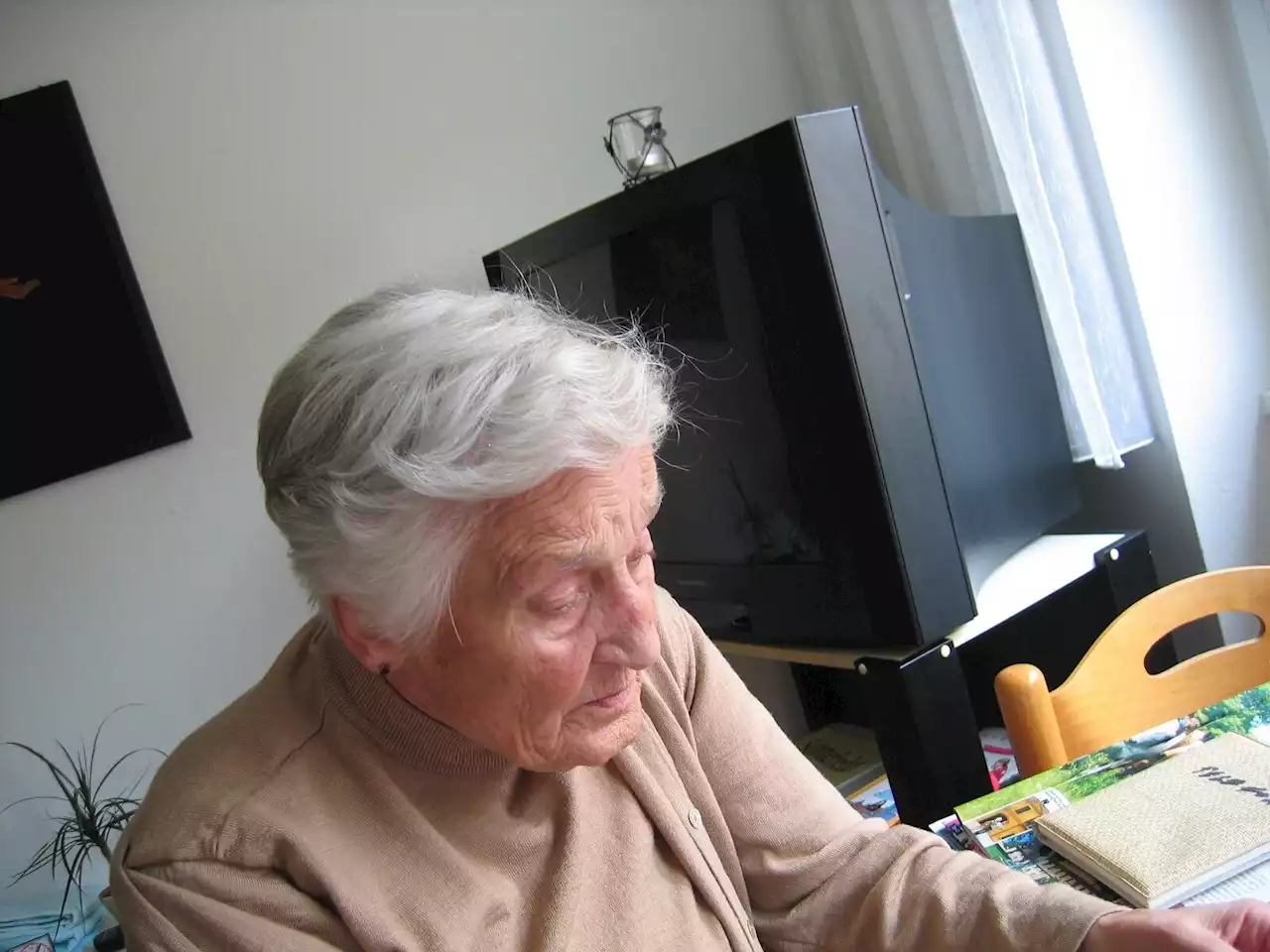Short intervals of physical activity every day can reduce your risk of cancer by 32%.
Cancer prevention can begin with daily activities that take up to five minutes of your day.Increasing the intensity of everyday physical activities — even if it’s for a short period of time —, analysed 22,000 adults around the age of 62, particularly those who engaged in non-exercise, vigorous intermittent lifestyle physical activity, or VILPA. Those who engaged in this behaviour for just a few minutes per day were more likely to have a lower risk of cancer than those who did no activity at all.
People in the study who had a minimum of three to four minutes of VILPA everyday were associated with a 17% to 18% reduction in cancer risk compared to people who didn’t exercise. The sample of people with four and a half minutes a day were associated with a larger reduction in cancer incidents .Matthew Ahmadi
, a postdoctoral research fellow at the University of Sydney’s Faculty of Medicine and Health and School of Health Sciences, told HuffPost. “Typical VILPA activities include bursts of very fast walking, walking uphill, walking carrying backpack or shopping bags, stair climbing, and vigorous domestic housework or gardening,” saidA simple way for someone to know if they are doing VILPA is to pay attention to common signs of exertion. For example, when they do the activity, energetically enough to get out of breath, followed by a felt increase in the heart rate within about 20 to 30 seconds.
There are a few limitations with the study. For example, 96% of the participants were white, making it hard to apply these findings to the general population. Additionally, the activities were self-reported, which could leave some room for human error.The study’s researchers concluded that “daily VILPA may be a promising intervention for cancer prevention in populations not able or motivated to exercise in leisure time.
Danmark Seneste Nyt, Danmark Overskrifter
Similar News:Du kan også læse nyheder, der ligner denne, som vi har indsamlet fra andre nyhedskilder.
 New study reveals anti-cancer properties in Kencur gingerYou may know it as an aromatic spice to add flavor to your dishes or as a soothing herbal remedy to use for upset stomachs, but researchers from Osaka Metropolitan University have uncovered promising findings that Kencur, a tropical plant in the ginger family native to Southeast Asia, possesses anti-cancer effects.
New study reveals anti-cancer properties in Kencur gingerYou may know it as an aromatic spice to add flavor to your dishes or as a soothing herbal remedy to use for upset stomachs, but researchers from Osaka Metropolitan University have uncovered promising findings that Kencur, a tropical plant in the ginger family native to Southeast Asia, possesses anti-cancer effects.
Læs mere »
 Norfolk and Suffolk NHS trust deaths report 'watered down to spare bosses'Campaigners slam a report as the BBC reveals drafts were edited to remove leadership criticism.
Norfolk and Suffolk NHS trust deaths report 'watered down to spare bosses'Campaigners slam a report as the BBC reveals drafts were edited to remove leadership criticism.
Læs mere »
 Study shows benefit of traditional Chinese medicine for heart failureThe traditional Chinese medicine qiliqiangxin reduces hospitalization for heart failure and cardiovascular death in patients with heart failure and a reduced ejection fraction (HFrEF), according to late breaking research presented in a Hot Line session today at ESC Congress 2023.
Study shows benefit of traditional Chinese medicine for heart failureThe traditional Chinese medicine qiliqiangxin reduces hospitalization for heart failure and cardiovascular death in patients with heart failure and a reduced ejection fraction (HFrEF), according to late breaking research presented in a Hot Line session today at ESC Congress 2023.
Læs mere »
 Deprescribing efforts failing dementia patients, study findsResearchers led by the Beth Israel Deaconess Medical Center, Boston, have examined how a dementia diagnosis impacts medication use patterns in older adults.
Deprescribing efforts failing dementia patients, study findsResearchers led by the Beth Israel Deaconess Medical Center, Boston, have examined how a dementia diagnosis impacts medication use patterns in older adults.
Læs mere »
 Largest case study in athletes who died young finds evidence of chronic traumatic encephalopathyA new Boston University Chronic Traumatic Encephalopathy (CTE) Center study has found that, among a sample of 152 young athletes exposed to repetitive head impacts (RHI) who were under age 30 at the time of death, 41.4% (63) had neuropathological evidence of CTE, a degenerative brain disease caused by RHI.
Largest case study in athletes who died young finds evidence of chronic traumatic encephalopathyA new Boston University Chronic Traumatic Encephalopathy (CTE) Center study has found that, among a sample of 152 young athletes exposed to repetitive head impacts (RHI) who were under age 30 at the time of death, 41.4% (63) had neuropathological evidence of CTE, a degenerative brain disease caused by RHI.
Læs mere »
 New study questions the role of supercomplexes in metabolism and diseaseA new study published in Cell Metabolism by the research group of Professor Nils-Göran Larsson, at the Department of Medical Biochemistry and Biophysics, Karolinska Institutet, shows that so-called supercomplexes have no major role in cellular energy production and that altered levels therefore are unlikely to affect physiology and disease.
New study questions the role of supercomplexes in metabolism and diseaseA new study published in Cell Metabolism by the research group of Professor Nils-Göran Larsson, at the Department of Medical Biochemistry and Biophysics, Karolinska Institutet, shows that so-called supercomplexes have no major role in cellular energy production and that altered levels therefore are unlikely to affect physiology and disease.
Læs mere »
